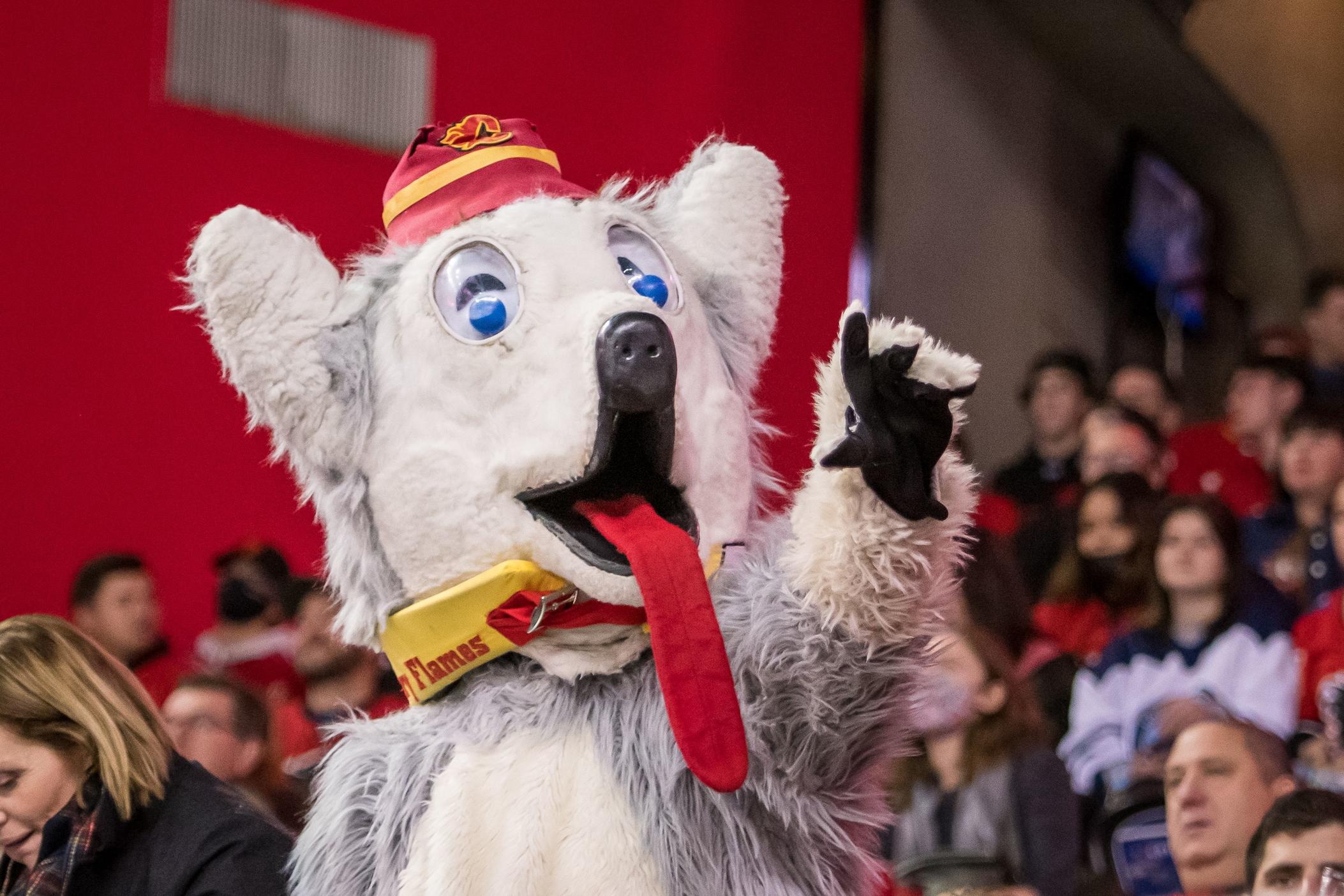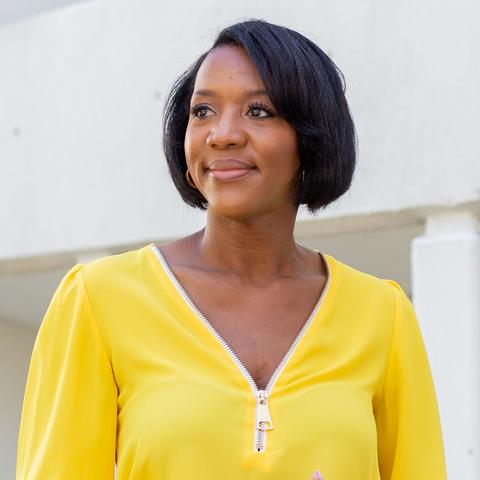Section Branding
Header Content
Recognizing unconscious bias from inside the mascot costume
Primary Content
LISTEN: Mascots and characters evoke childlike joy and acceptance, but what happens when the person inside of the costume is racially biased? GPB's Leah Fleming explores the question with Glenn Street, a longtime sports mascot.
——
Whether you are a child or an adult, meeting a character in costume or mascot can bring joy and suddenly make you vulnerable with your feelings. It's kind of like a safe space. It's easy to forget, though, that inside the costume is a human performer and that person can come with their own unconscious bias.
The amusement park Sesame Place is facing a multi-million-dollar lawsuit as more Black families come forward on social media to document how their Black children have been shunned by some of their favorite Sesame Street characters like Rosita and Ernie.
So what's it like to be a mascot? Here to share what that view looks like from inside the costume is Glenn Street. In 1984, Glenn became Harvey the Hound, making history as the first mascot in the National Hockey League. He operates Mascot U, which has trained mascots and characters in costume all over the United States, including in Georgia at Georgia Southwestern State University, Mercer University and Savannah State University.
Speaking from Calgary, Canada, Street told GPB Morning Edition Host Leah Fleming what it’s like to be a mascot.
Glenn Street: Harvey was actually the idea of a buddy of mine. He went to the Calgary Flames and he pitched the idea of a mascot named Harvey. But soon after he started Harvey he started traveling in his job and couldn't always be in Calgary. Realizing that he needed help, he reached out to me.
Leah Fleming: What is Harvey’s personality like?
Glenn Street: Harvey's kind of a fun, playful, adolescent Siberian husky. You know, he's got a really fun and friendly, cartoony look to him, a long red tongue that hangs out of his mouth. And the back story is that he was walking by the Scotiabank Saddledome one day, and he walked inside and a game was on and he got hooked. And from there, he, you know, he just started showing up at the games and became the team mascot.
Leah Fleming: You started Mascot U, which is a training conference for mascot performers and administrators. What does that look like?
Glenn Street: Over the years as the as the industry has grown, it's become more like what the athletes are doing. So typically, somebody will start in high school, then they'll go on to college, then they'll go on to a minor league team or a farm team, and then they'll get noticed by a major league team and they'll get hired by them. So what I saw lacking was the next step for mascots. I found that I had lots of people with great college experience saying, "So how do I go to the next level? What do I need to do?" And typically, those were things that weren't necessarily about tweaking their performance, but rather understanding the much bigger picture of understanding what organizations are looking for. Let’s not forget, some of the pro mascots are earning, you know, $400,000 a year. So these aren't bad jobs to get, but they're very competitive.
Leah Fleming: So recently here in America, it's been brought to light — especially on social media — that Sesame Place, which is a children's theme park and located in the outskirts of Philadelphia, Pennsylvania, has had several incident — incidents of these Sesame Street characters shunning Black children. There have been multiple videos that have surfaced. These characters are, of course, operated by performers that are dressed as a character. Sesame Place, which is owned by SeaWorld, has committed to sensitivity and racial bias awareness training. And I'm wondering if you have thought about this. Is it the right move for them to make?
Glenn Street: I think that organizations large and small are becoming more aware of things that maybe society was blind to before. So it's not just the mascot training. I would suggest that SeaWorld is probably rolling this training out to all their employees to make sure that, you know, somebody who's loading a ride is not doing the same thing.
Leah Fleming: So could you see yourself maybe folding in some of this kind of training, sensitivity, awareness training?
Glenn Street: Well, you've given me a great idea. I think for Mascot U next year, we're going to invite the person from SeaWorld who's doing this training to come and speak for us because you know, it's new to all of us. It's obviously new to them. And they're a very large corporation. So it is training that you've put on my radar for me. So thank you for that, Leah.
Leah Fleming: Glenn Street is a businessman and founder of Street Characters Inc., which operates Mascot U in Calgary, Canada.


